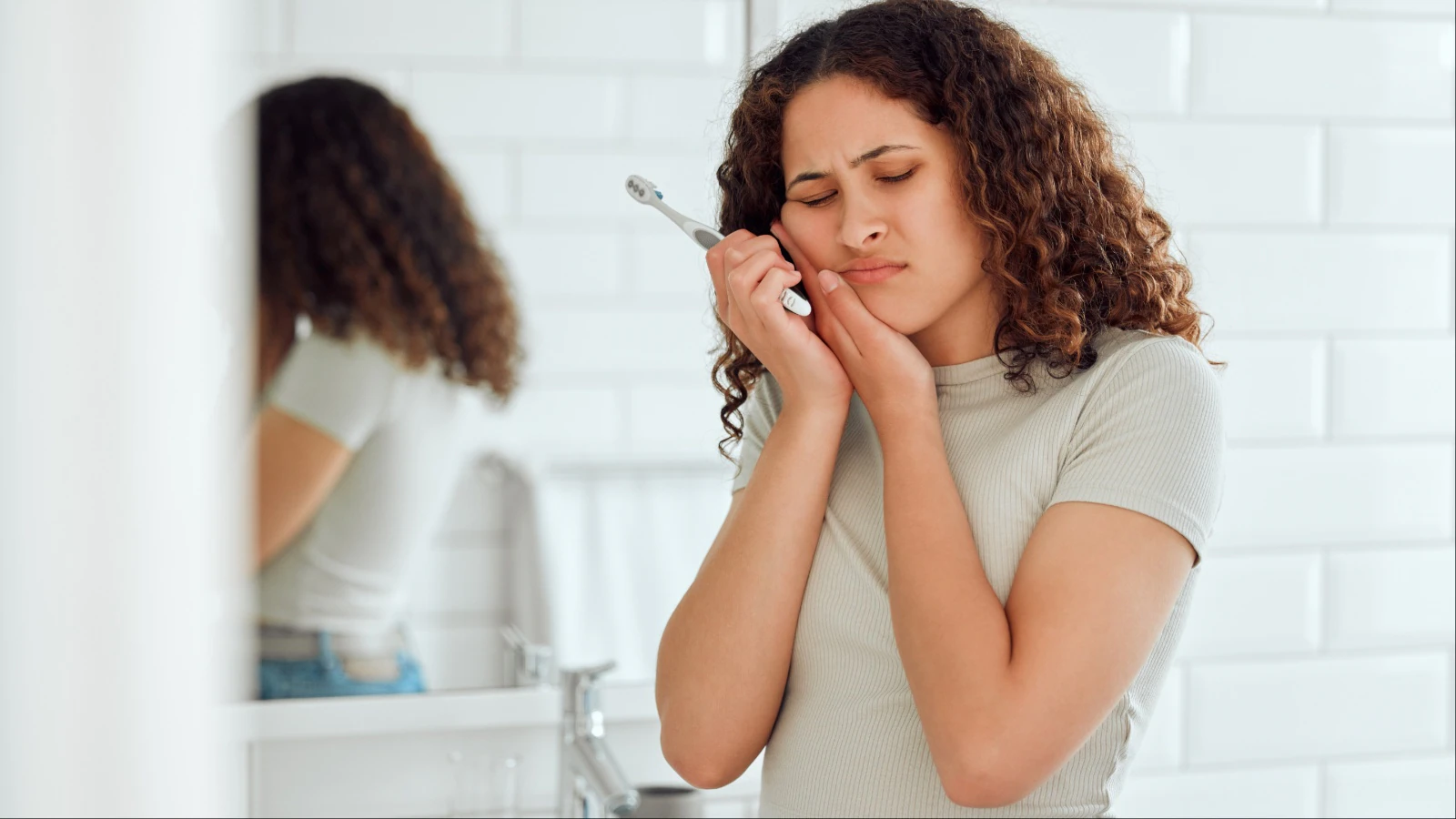By News18,Snigdha Oreya
Copyright news18

Celebrations are incomplete without food. From mithai at Diwali to birthday cake, from wedding laddoos to New Year’s bubbly, every occasion is marked by indulgence. These treats carry tradition, love, and joy, but they also bring hidden risks for your teeth and gums. Sugar, starch, and acid often linger long after the party ends, creating the perfect environment for tooth decay and gum problems. News18 spoke to two dental experts who mentioned that the challenge is not to skip sweets altogether but to strike a balance that keeps both the festive mood and your smile intact.
Why Celebratory Foods Can Harm Teeth
“During cultural and religious events, sweets often carry blessings, and festive meals create connections among families and friends. However, many of these celebratory items are high in sugar, starch, and acid. These are prime contributors to tooth decay, plaque buildup, and gum disease,” explains Dr. Jaineel Parekh, Orthodontist, Laxmi Dental Limited.
Dr. Suman Yadav, Director, Maxillofacial & Dental Department, Numed Hospital, adds: “Excessive sugar intake spurs bacteria in the mouth, making mouths more prone to cavities, gum issues, and halitosis.” The problem is not a single sweet, but the frequency and quantity of consumption, paired with neglect of oral hygiene during the festivities.
Smart Indulgence: How to Strike the Right Balance
“Striking the right balance does not mean skipping treats altogether. Indulgence should never equate to overindulgence. Enjoy the cake or sweet, but limit portion sizes,” says Dr. Parekh.
Dr. Yadav suggests being mindful about food choices: “Opt for smaller helpings, avoid sticky foods like caramel or ladoos, and go for alternatives with a healthier image like dark chocolate or fruits.” Sticky sweets cling longer to teeth and are harder to clean, increasing the chances of decay. Pairing treats with water helps wash away food particles and neutralise acids.
Preventive Habits That Work
Dentists agree that consistency in oral hygiene is the best defence. “You should brush twice daily and floss once a day, especially after heavy meals. Use an antibacterial mouthwash for extra protection,” recommends Dr. Parekh. If brushing right after meals is not possible, rinsing with water is a good substitute.
Chewing sugar-free gum can also help. “Where brushing after sweets is not imminent, chewing sugar-free gum is an effective alternative for stimulating saliva and preventing decay,” says Dr. Yadav. Saliva naturally helps cleanse the mouth and restore balance.
Festivals are meant to be enjoyed, and food is at the heart of these celebrations. The key is moderation and mindful care. Choosing smaller portions, avoiding sticky sweets, drinking water, and sticking to a regular oral hygiene routine ensures that indulgence does not come at the cost of dental health.



